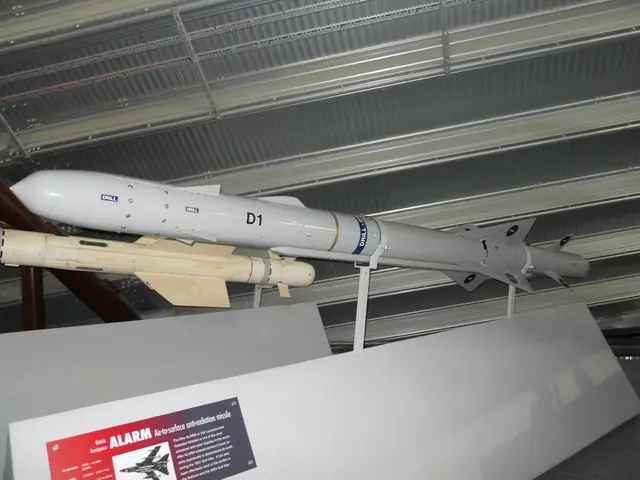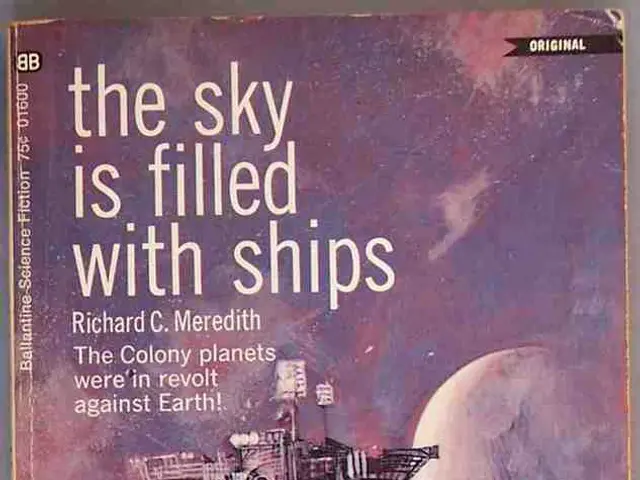Space sector in Europe faces potential closure threat
Europe Ponders Independence in Space EXPLORATION as NASA PARTNERSHIP Faces Uncertainties
In the half-century since the European Space Agency (ESA) was founded, Europe's reliance on NASA for space missions persists, as ESA now grapples with the potential implications of proposed budget cuts and pursues strategies geared towards greater autonomy.
ESA and NASA have a long-standing collaboration, with joint ventures including the International Space Station (ISS), where ESA contributed the Columbus science module and Automated Transfer Vehicle cargo resupply missions. There's also the Artemis lunar program, with ESA providing significant elements like the Orion spacecraft's European Service Module and modules for the Gateway lunar station. Additionally, they share in scientific missions such as Mars Sample Return and major space telescopes (Hubble and James Webb), with ESA offering critical instruments and components.
However, NASA's proposed budget cuts of up to 24%, which may affectArtemis and other programs, have raised concerns. ESA remains open to continued cooperation but is actively analyzing alternatives and impacts with its member states.
In response to uncertainties from NASA's shifting priorities and funding reductions, ESA is exploring ways to reduce dependence on NASA and cultivate autonomous capabilities. This includes forging new partnerships with other international agencies, such as the Indian Space Research Organisation (ISRO) for human space exploration and lunar missions, as part of a strategic shift to broaden international collaboration beyond NASA.
ESA is also reviewing contingency plans and evaluating its industrial capabilities, ensuring that critical missions can be sustained even with diminished support from NASA. Furthermore, ESA intends to strengthen Europe's space industry, leveraging the presence of major aerospace firms like Airbus and Thales Alenia Space in NASA projects to support a potential independent European access to space and deep space exploration capabilities.
As the November Ministerial Council meeting approaches, ESA faces a critical juncture. While maintaining traditional cooperation with NASA remains crucial, it must balance that against the risks posed by NASA's budget constraints and policy shifts. This gathering will likely set budgets and programs for the next three years, with a strategic aim to enhance European autonomy while preserving key international links.
In conclusion, while Europe's space exploration is interconnected with NASA's missions, particularly Artemis and the ISS, ESA is actively planning for a future involving greater independence and diversified partnerships to safeguard and propel its space ambitions amid global budget uncertainties.
In light of potential budget cuts and shifting priorities at NASA, the European Space Agency (ESA) is assessing the need for an independent employment policy within the community, aiming to bolster its space-and-astronomy capabilities despite uncertainties in the partnership with NASA. As part of this strategy, ESA is actively seeking partnerships with other international agencies, such as the Indian Space Research Organisation (ISRO), to broaden its scope in human space exploration and lunar missions, thus diversifying its science and finance reliance beyond NASA.








